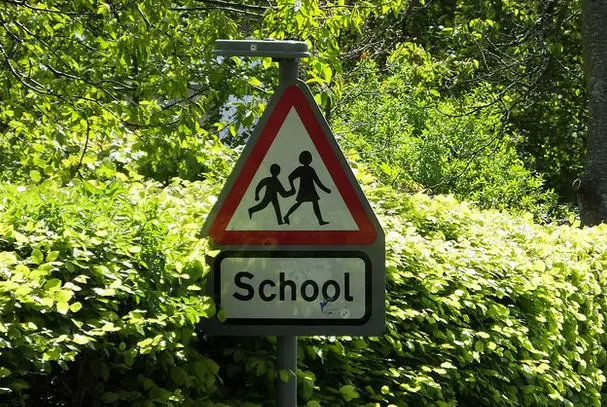This published as part of OnTheWight’s new data collaboration with Urbs Media and Press Association – Ed.
The proportion of 7-year-olds reaching the expected standard in most subjects in school has fallen in the last 12 months on the Isle of Wight, according to figures from the Department for Education.
(The council’s response has now been received and included)
All three categories down
Results of teacher assessments at the end of Key Stage 1 show a smaller percentage of children achieved the target in reading, writing and maths.
In reading, the proportion went down to 72% from 75% in 2016 and in writing 62% achieved the target compared to 68%. The proportion in maths fell from 73% to 68%. The proportion scoring the expected standard in science remained unchanged at 81%.
Pupils are assessed in the four subject areas by their teacher at the end of year two in school. Schools in the Isle of Wight are below the national average in all topics.
Girls outperforming boys
Assessments were made for 1,342 pupils at KS1 in state-funded schools across the area. Girls performed more strongly than boys and the gap was widest in writing where girls were 17 percentage points ahead.
In reading, 77% of girls achieved the target standard compared to 68% of boys, and 30% were judged to be working at above the required level.
Children from disadvantaged backgrounds
The data also reveals the attainment gap for children from disadvantaged backgrounds, measured by looking at the scores for those receiving free school meals. Only 59% of these children reached the reading target and in maths it was 58%.
The Key Stage 1 assessments were introduced in 2016 to examine how children were coping with the more challenging national curriculum set by the government and the increase in the standards expected.
Response from IW council
At 15:25 yesterday, prior to running the above piece, OnTheWight wrote to Isle of Wight council. Citing the DoE figures, we asked why things have deteriorated. Below is the response we received at 11:28 today:
“Over the past two years, new age related standards were brought into Key Stage 1 to replace previous National Curriculum levels of attainment. These new standards are teacher assessed and teachers throughout the country have been grappling with how to interpret them correctly and to ascertain whether each child is working at the new age related expectation or not. This has resulted in some volatility as the system beds down.
“Extensive training”
“To ensure consistency of the application of the standards, the local authority moderated 25 per cent of the schools. The finding of the moderation was that generally on the Island teachers now had a better understanding of whether the standard had been met or not than previously. This was as a result of extensive training that was offered during the last year to all Island primary schools. We are confident that this has improved the accuracy of teacher assessment. Understanding the pitch of the standard is a vital part of ensuring that more children reach this milestone at age seven as part of their primary school learning journey.“The main priority within primary schools is to ensure that by the time children leave for secondary school that they are performing well. All the tested subjects at the end of primary education on the Island showed an improvement this year with standards rising faster than the national rate of improvement. That was good news for the students as they moved into their secondary schools.”
Update 11:35: Added IWC comment.
Image: © Intelligent Car Leasing





